Aleister Crowley, who was born 150 years ago today, was once one of my idols. No one else seemed to match the panache of someone who could make a name for themselves as a magician, poet, artist, novelist, prophet, journalist, mountaineer, and spy.
Yet, the outsized influence of such characters frequently attracts legions of charlatans. I met one during my adolescence when I became a student of a Tibetan Buddhist lama who claimed to be Aleister’s living son. It did not immediately occur to this bright-eyed seeker that the alleged son’s chief interest seemed to be in shagging his female students, but eventually it did, and I grew disillusioned. Naturally, I took off instead to learn at the feet of a more reputable Tibetan Buddhist lama; only to find that this new guru had not merely been sleeping with almost every vulnerable woman that walked through the door, but had also taken to pilfering the temple’s donations on late night pay-per-view and Chinese takeaways off London’s Caledonian Road.
Despite the various hucksters that his name attracts, the sheer force of Aleister Crowley’s personality makes him one of those few people who still seem to merit a new biography almost every year. He haunted fin-de-siecle England, developing a New Age religion called Thelema, and devoting much of his erratic life to the promotion of something he called magick, which, he claimed, was the art of transforming physical reality by pure will. The Beatles featured him on the album cover of Sergeant Pepper’s Lonely Heart’s Club Band. Jimmy Page took up residence in his old home, Boleskin Manor. And Timothy Leary, the leader of the 1960s psychedelic renaissance and coiner of the term “turn on, tune in, drop out” famously wished that the great occultist were alive so he could witness his final apotheosis through the mass consumption of LSD by rollicking Harvard freshmen.
Crowley’s life is almost too colorful to fit into a single volume, which is perhaps why so many treatments of him tend to focus on niche corners of his personality and career. He was born in 1875 to a wealthy brewery-owning family of hardcore Christian Protestants, who belonged to a group known as the Plymouth Brethren. The young Aleister (then Alick) idealized his father and appears to have gotten his knack for relentless proselytizing from him. The senior Crowley, rich enough from his commercial ventures to devote his time to provocative sermonizing, would ask local punters what they would be doing next year. And then? He would say, to which they would describe ambitions for the following year. And then? Crowley senior would ask, over and over again, until inevitably the local pub visitor would say: well, I suppose, then I shall die. To which he replied: that’s right – so you’d better get right with God!
His relationship with his mother seems to have been even more formative. By all accounts utterly overbearing and puritanical, she labelled him “The Beast” (a nickname that would stay with him for the rest of his life) from the Book of Revelation, the only section of the New Testament that Crowley enjoyed reading during the daily Bible study sessions that the Brethren kept up. When he was eleven his father died, and Crowley was shipped off to a series of tutors, where he would begin to appreciate a life outside the pious and cloistered and world of his parents. Although he would leave everything about their actual worldview behind him, Crowley seems to have carried on his rebellion against his parents through to his dying day.
Soon, he would arrive at Cambridge, where he developed a keen interest in local prostitutes, chess, and the burgeoning secret societies practicing a re-invented form of ceremonial magic. (He later added a k to the end of magic to distinguish it from the increasingly popular stage magic of the Edwardian period). Crowley joined The Golden Dawn, an esoteric group of practitioners that had built a spiritual system around a hodge-podge of Kabbalah, Freemasonry, and astrology. He soon rose to the top and then fell out with the other leaders of the secret society, a pattern that would recur throughout his life, eventually going to law for the right to publish their ritual materials to the wider public.
Aleister Crowley continues to appeal to teenage boys across the world because he epitomizes like few others that strange period known as adolescence
A few years later Crowley married. During his honeymoon in Egypt he claimed to have been contacted by a daemon called Aiwass, who spoke through his wife when they were visiting the Cairo Museum. Through her channeling, this spirit dictated what would become Crowley’s magnum opus, The Book of the Law, which, despite its supposed supernatural provenance, curiously resembles his own style of writing and humor. Anyway, like any good author, he used this new book as a means to promote his personal brand, bouncing around everywhere from Mexico (where he claims to have used a spell to make himself invisible) to the deserts of North Africa (where he engaged in a public homosexual, hashish-infused ritual to conjure the demon Choronzon from inside a magic circle). He also took his wife and young daughter on a dangerous trek across China (while trying to mentally invoke his Holy Guardian Angel), and established a proto-hippie commune in Sicily. The commune was shut down on the orders of Mussolini after a public outcry over reports of acolytes being ordered by Crowley to cut themselves with razors whenever they accidentally “strengthened the ego” by using the pronoun “I,” practices which may been responsible for the mysterious death of one of the students.
And for all the mystical mumbojumbo that we still associate with Crowley, one of the most interesting parts of his life was his relationship to politics. We now know that he wrote at least some propaganda for the German war effort during WWI. Was this simply another publicity scheme, or did he truly side with England’s Teutonic rivals? Crowley himself claims that his war journalism was simply a ruse to assist the British intelligence services in their efforts against the Kaiser and Irish separatism, for his own bizarre and eccentric writing appears to have helped to – for a time – discredit the cause of Celtic nationalism (he declared that the Irish were, in fact, the lost descendants of Atlantis). The great magus also claimed to have midwifed the entry of the United States into the war as an agent of British influence, knowing it was the best shot his country had to beat Germany. Whether this was in fact true, or just an excuse, remains unclear.
Now that 150 years have passed since his birth, we still await some valedictory summing up of the significance of his life and thought. The myth that has grown up around Crowley, built by himself and his many followers, is so formidable that it can be hard to see the saga clearly. One can certainly find slivers of genuine spiritual insight in many of his works, particularly those in which he is actually trying to seriously expound on a topic – like yoga. But the problem with Crowley is that one never quite knows when he is pulling your leg. His knack for publicity was unrivalled, and the dire financial straits he often found himself in meant that many of his published works were simply potboilers to pay off his many debts. He was both an eccentric genius and a morally abominable person, particularly in how he treated his wife and children. He alienated almost everyone he came across, and few can read the letters they wrote about him without wincing.
To my mind, his real significance was as an omen of the future – the first of a type. Why did I get my long-suffering parents to expend so many hundreds of pounds on these books of spells, magical formulae, and ancient hieroglyphs of no practical value whatsoever? Before people sold supplements on the internet, à la Andrew Tate, Crowley was flogging useless spellbooks to impressionable and wealthy Victorian collectors of esoterica. Before social media trolling, à la Candace Owens, Crowley was edgelording his way to media attention and commercial success by declaring himself a satanist. Did he actually believe what he was saying? Well, do any of them?
In the end, Aleister Crowley continues to appeal to teenage boys across the world because he epitomizes like few others that strange period known as adolescence; where rebellion against authority, curiosity about bizarre Eastern religions, experiments with hallucinogenic drugs, and intrepid sexual exploration all jostle together. Most of us, however, eventually, grow out of these phases and begrudgingly accept both the mantle of responsibility and professional obligations. Aleister Crowley, despite the surprisingly sophisticated nature of some of his thought, appears never to have needed to. Was it because he had been too deeply committed to his publicity strategy, or because he had truly transcended the bourgeois sexual hangups of the herd, or maybe because he was simply too messed up from his fundamentalist upbringing? Despite the legion of biographies, it is unlikely that we will ever know.
Whether or not Crowley truly inaugurated the “Age of Horus” from the boarding house in Hastings where he passed away, alone and riddled with the opium addiction that accompanied him through much of his adult life, is still debated amongst today’s occultists. That he unleashed at least some part of our cynical, hyper-individualistic, and sloppily spiritualistic culture is, I think, tragically undeniable. Happy 150th birthday, Aleister Crowley.



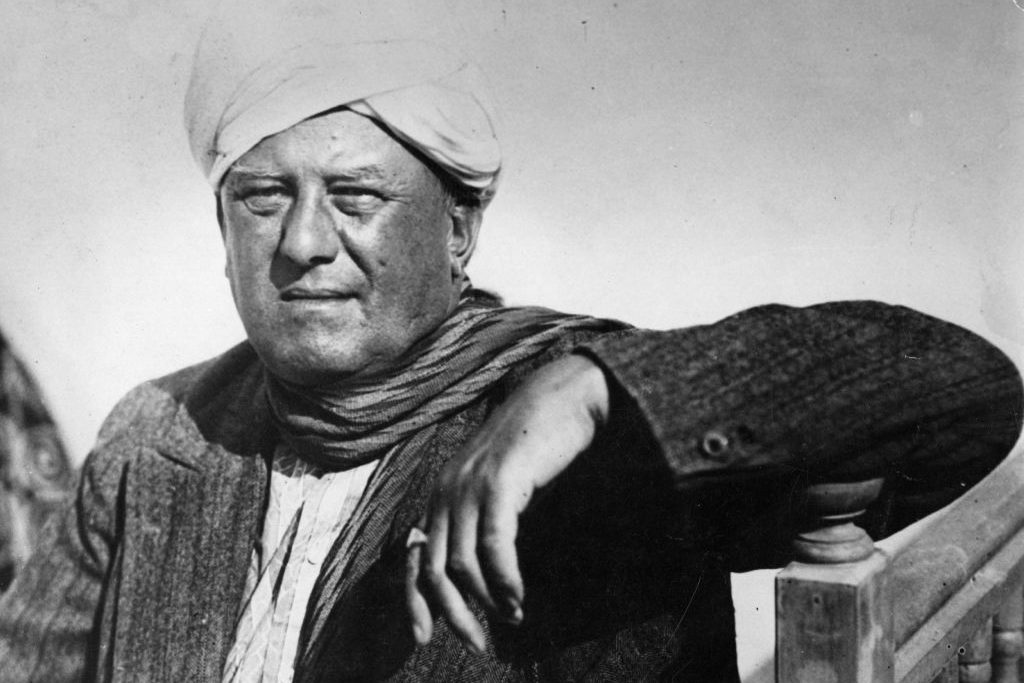






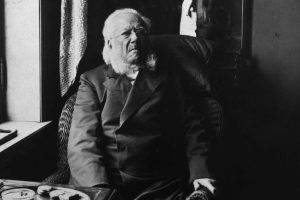

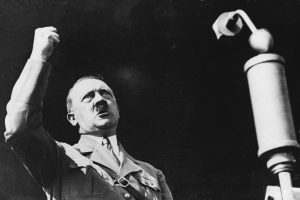

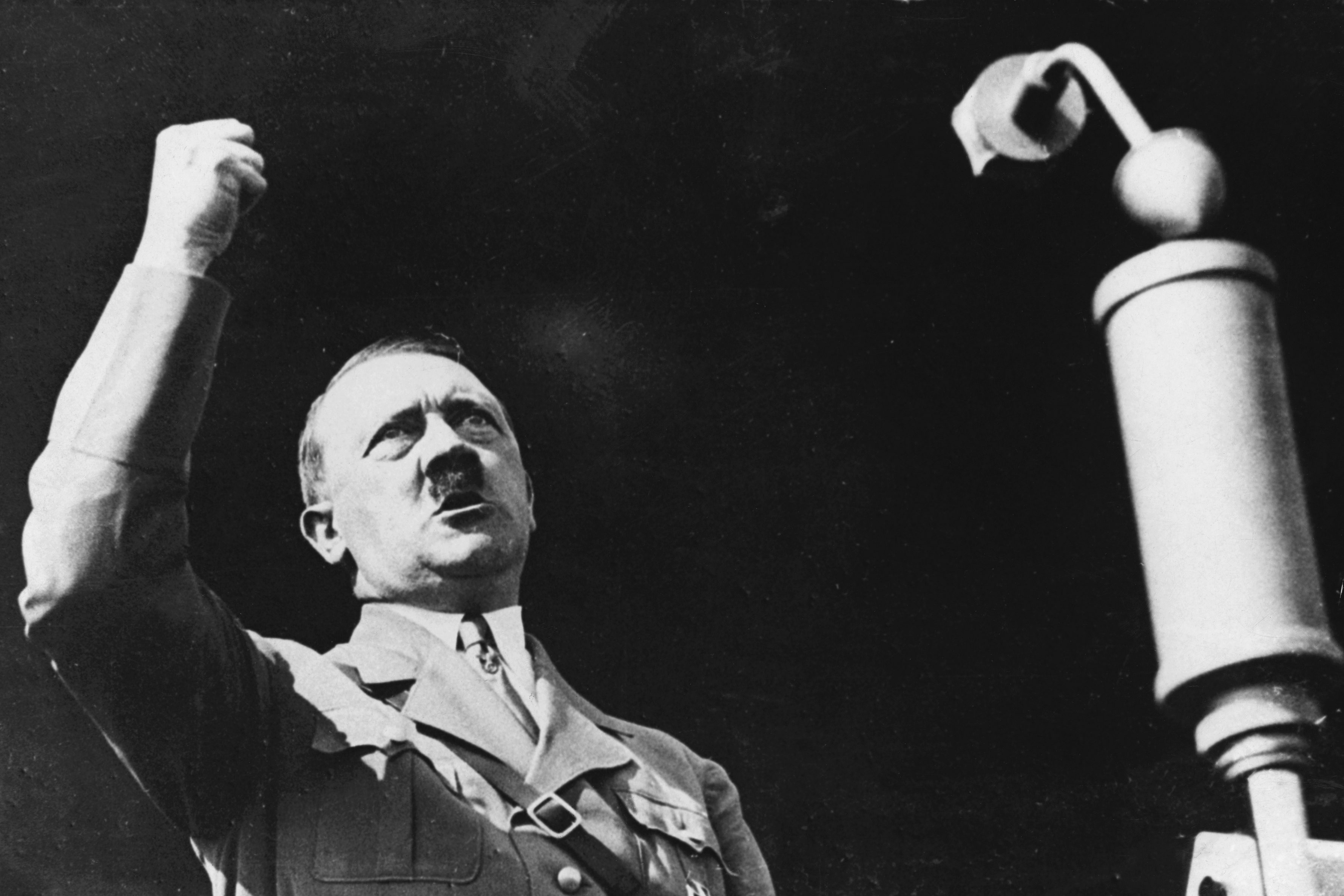


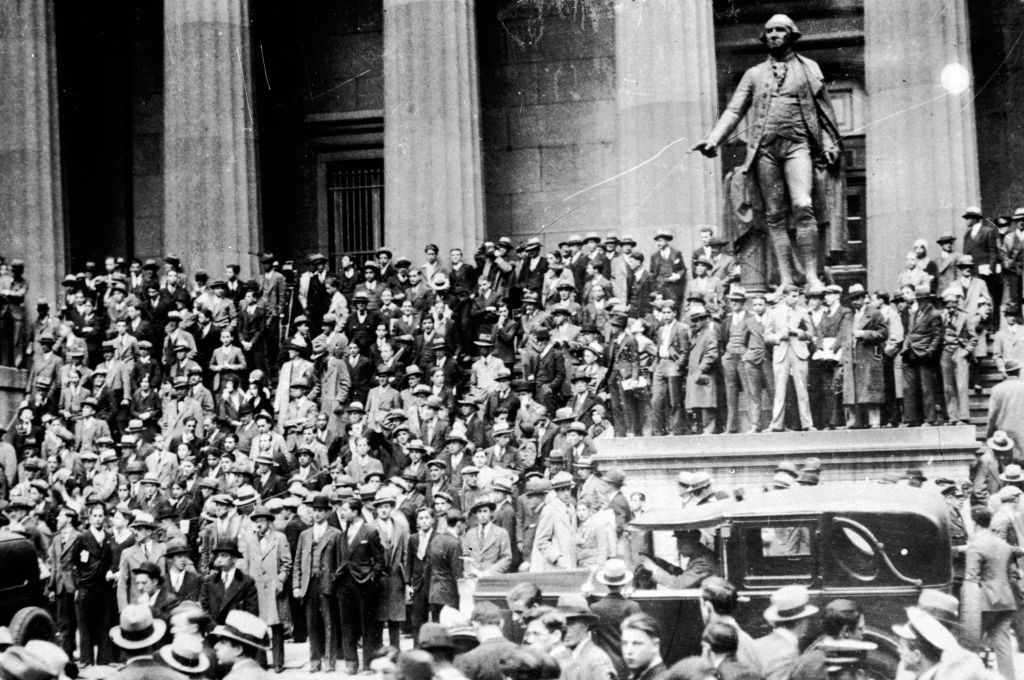
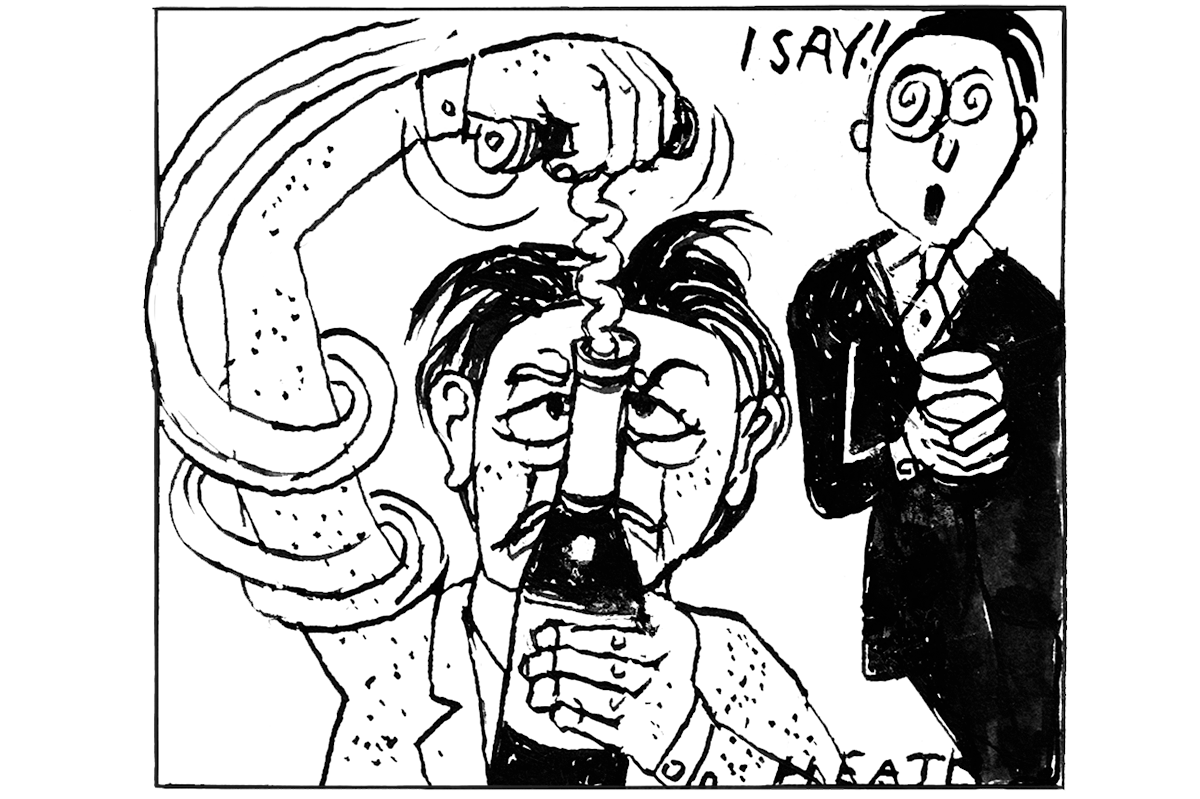







Leave a Reply